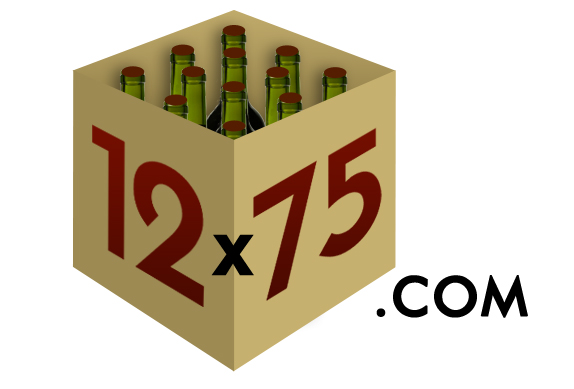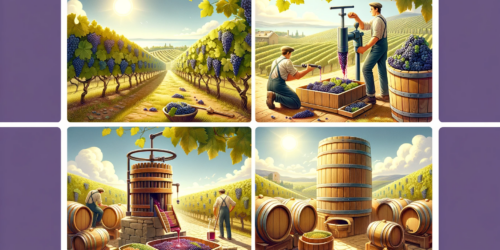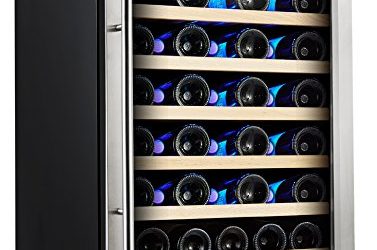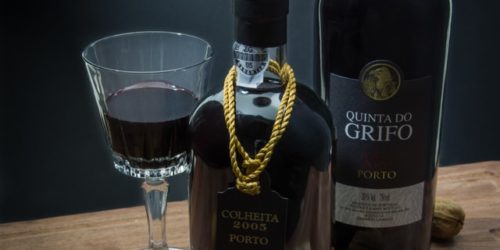Are Wine Scores Helpful?
(Guest Blog by Robert Davidson / BWI)

Wine scores are now so invaluable to the consumer and merchant alike that they both underpin and are the focus of most offers and wine descriptions around the world. The digits given out of 5, 20 or 100 are used to describe and rate a wine in the most laconic of synopses, and a good score – occasionally stretching to three holy digits – has the power to double (or more) a wine’s value globally in a matter of minutes.
Speaking on a personal note – not as an ambassador for the company or even the wine trade in general – I have never liked scoring. It has always seemed to me that to give a number to a wine makes as much sense as to give it an interpretive dance (something I do not recommend doing at tastings: the interrogation by psychiatrists is lengthy and the dry cleaning bills are prohibitive).
In my mind, scoring seems logically and semantically unsound.
Yet score away critics and colleagues do. I understand the appeal, we want to know quickly which wines were preferred, and tasting notes are lengthy and often stultifying to read. There’s no scale with words, either. Is great better than really good better than medium + length with outstanding balance? It is a relatively recent phenomenon to replace descriptions of character with numerals, only really coming in over the past 30 or so years, but one that has taken off nonetheless. Let’s not forget that scoring is something that people do in terms of rating everything, from computer games, to cars to even potential suitors. Most of us will no doubt have heard an acquaintance describe someone they find attractive as “nine out of ten” or similar – if I hear this I tend to take time to explain why I find it philosophically inconsistent. They tend not to listen. Even if it is commonplace, I can’t help but think it has a cheapening effect. Just as one would not want one’s daughter rated out of ten, why then would one want something as beautiful, as aesthetically and viscerally rewarding as wine rated on a scale?
Perhaps the most irritating thing about those who score, are the protestations that the score is “only a guide and that it should not be taken without the note”, and then upon looking up a wine all that is there is a number with “no note given”. Hypocrites!
What, then, would I suggest as an alternative? Well, this is something to which I have devoted a deal of thought. Anything that would be put in place of scoring would simply fall foul of the same problems. For instance, were numbers to be replaced by a colour chart where green is really good and red bad then most of us would be in the same or even worse position, apart perhaps from wine loving synesthetes.
It is, for me at any rate, an intuitive truism that some wines are inherently better than others, just as some pieces of music are inherently better than others. Scoring gives an easy indicator of hierarchy and one that I have used on countless occasions to help sell wines. It is nothing other than a guide, and those who fixate on scores as though they are prescriptive designators of quality are missing the point. They would do well do remember the old mantra “there are no great wines, only great bottles of wine”. A score is a snapshot of a wine at any one time, perceived by an individual who is swayed by the same mood swings as the rest of us (they might well have had a row with their spouse, or just had a new grandchild) and may well be tasting a slightly off bottle. I would disagree that tasting is a wholly and necessarily subjective experience – I would say that with some degree of accuracy I can taste the presence of methoxypyrazines, diacetyl and isoamyl-acetates, which are primary, not secondary qualities. Scoring, however, is nothing other than subjective and open to so much subconscious interpretation and limiting factors as to render it nothing other than a mildly interesting exercise.
Key to understanding wines and being guided towards wines you would like is to build a relationship with someone you trust and against whom you can calibrate your palate. There are learned people expounding their views on wines tasted all over the world, and lengthy columns by octogenarian specialists which can provide essential and fascinating information for the consumer. But that is only part of the story, for most of the fun to be had with wine is in drinking, sharing and discussing. Finding a trusted vendor, with specialist knowledge and understanding of your preferences, who can make pertinent, and occasionally revelatory, suggestions is far more worthwhile than learning swathes of numbers posted online by a stranger. As Patrick McGoohan once said “wine is not a number, it is a wee dram”. Or something like that.
[1] It runs into two problems both raised by Ludwig Wittgenstein involving rule following and private language. If scoring is a public system then upon what does the standard of correctness rest and how can we all know what a 92 point wine is? If it is an internal rating system then this is simply a private language to which, contentiously, it is impossible to maintain any sense of meaning. I included this as a footnote because when I explain this most people find something extremely pressing that they have to rush off and do…





